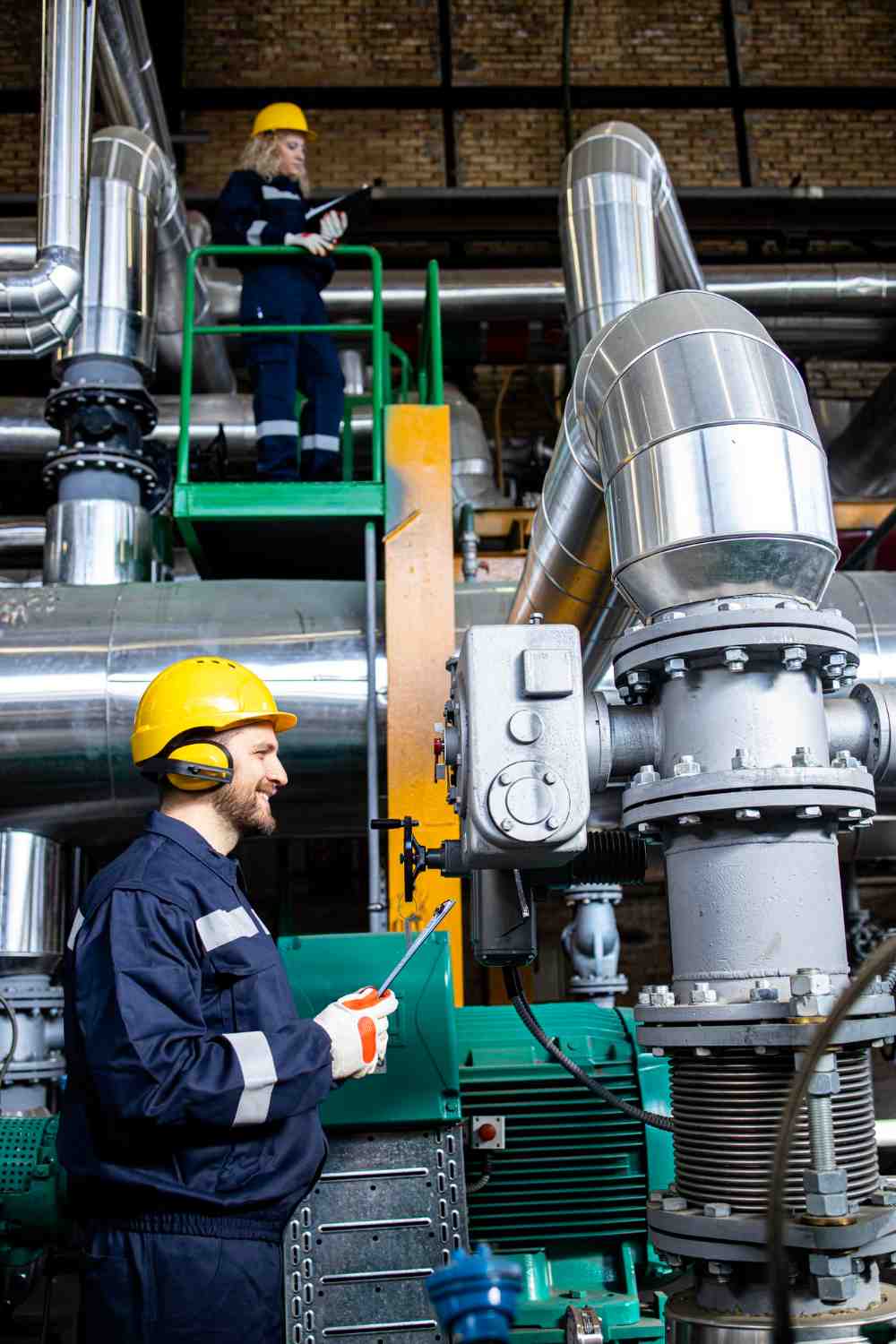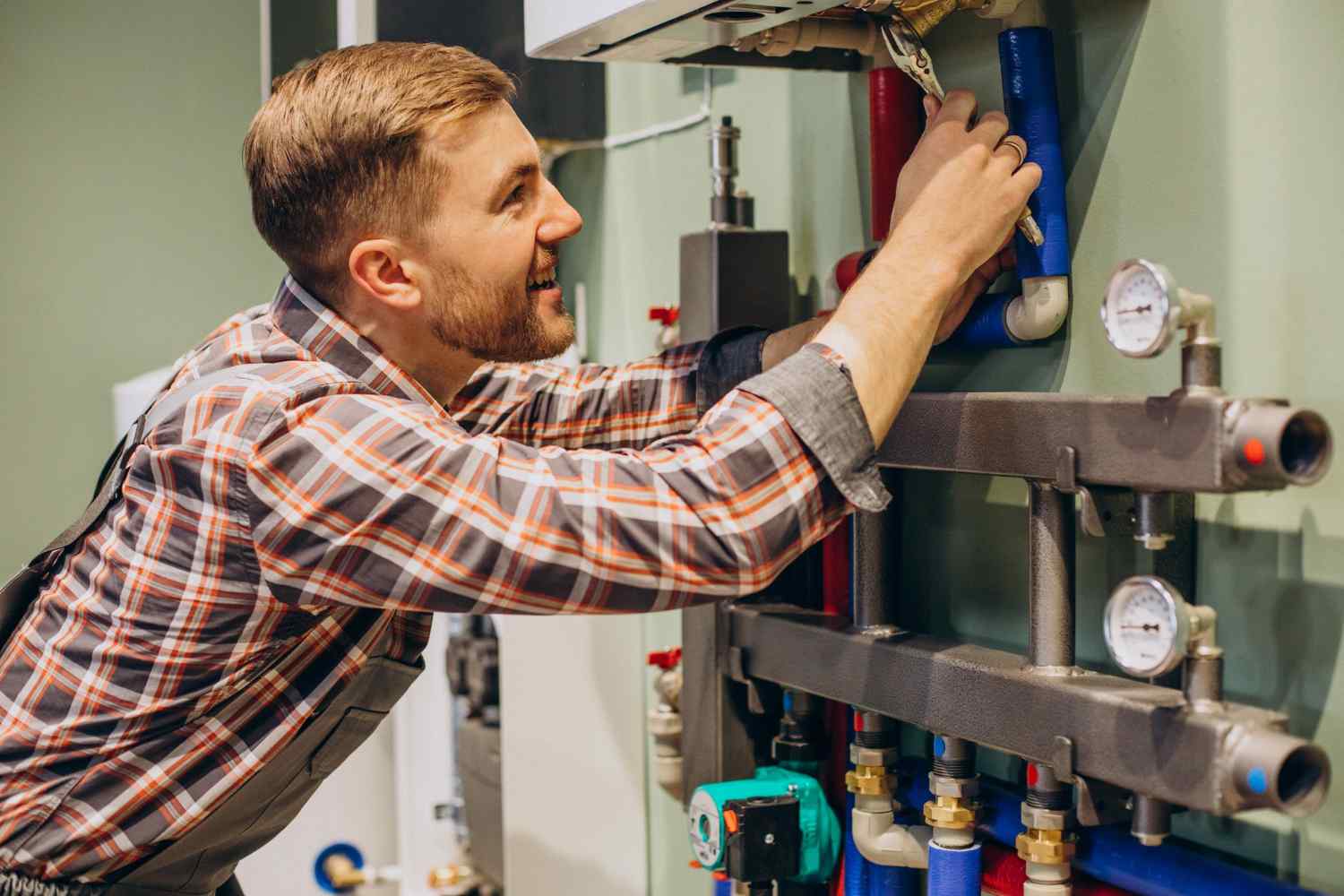The UK Government has introduced a new Boiler Upgrade Scheme to reduce fossil fuel consumption and attain a zero emissions target by 2050. Aiming to replace inefficient boilers completely in the long run, the government has reserved a £60 million fund to make heating systems efficient and innovative.
Based on the idea of heat decarbonisation, the scheme aims to provide grants in England and Wales for supporting heat pumps and biomass boiler installations in domestic and non-domestic buildings. Homeowners are encouraged to switch to low-carbon and efficient home heating sources, which can be done by using air-source heat pumps instead of fossil fuel boilers.
Launch of Boiler Upgrade Scheme
The Boiler Upgrade Scheme was launched in April 2022 and has replaced the Domestic Renewable Heat Incentive (RHI), which was in operation from 2014 to 2022. Following are some of the important dates associated with the Boiler Upgrade Scheme:
- Commencement of Low Heating Systems (1st April 2022)
- Opening of Grant Applications (23rd May 2022)
- Confirmation of Funding (31st March 2025)
Costs and Vouchers
Typically, the actual costs are high which make it difficult for the users to install greener technology and these costs are as follows:
- £10,000 – £12,000 for air source heat pump
- £15,000 – £20,000 for ground source heat pump
Under the boiler upgrade scheme, following vouchers are being offered:
- £5,000 voucher for purchasing and installing an air source heat pump
- £6,000 voucher for purchasing and installing a ground source heat pump
- £5,000 voucher for purchasing and installing a biomass boiler
The validity of these vouchers is as follows:
- Air source heat pump vouchers – 3 months
- Biomass boiler vouchers – 3 months
- Ground source heat pump vouchers – 6 months
Eligibility Criteria
For upgrading the boiler system, the following are the criteria of eligibility for the owners:
- Private property (home/small non-domestic building) in England or Wales
- Maximum installation capacity of 45kWth
- A valid Energy Performance Certificate (EPC) with no outstanding suggestions of loft insulation or cavity wall insulation
- Privately owned heat pump
- Replacement of intense energy-consuming heat system
- No history of receiving energy grants in the past
- Biomass boilers located in rural areas not connected to the gas grid
- No funding for replacing the already installed low-carbon heating system


Characteristics of Heat Pump
Some specific characteristic properties should be present in the heat pump being installed to make it eligible for this scheme. The heat pump should be capable enough to provide hot water and overall heating to your home. It requires approval from MCS and should have a minimum score of 2.8 under the COP (Coefficient of Performance). If you are installing a heat pump in an existing home, a valid EPC (Energy Performance Certificate) is required, and it should be less than ten years old. On the other hand, new buildings require planning permission.
Process of Applying for Boiler Upgrade System
After selecting a suitable heating system for your house, the installers give an application for a grant so that this cost gets deducted from the actual price of a heat pump. The installer should be from an MCS-accredited organisation so that you can get assurance regarding product quality, installer competence, and consumer protection compliance. The installer applies for this voucher on the property owner’s behalf to redeem it once the installation process is certified after completion.
After applying for the Boiler Upgrade Scheme, the installer will apply to the MCS-accredited organisation for a grant voucher, provide your details to that organisation so that it can ask you for your consent, liaise with the organisation on different matters of this scheme, complete the process of installation as per the standards of industry and requirements of the scheme, redeem the voucher, and receive a grant after installing and commissioning heat pump.
Conclusion
The Boiler Upgrade Scheme focuses on reducing energy costs by introducing green technology, making the environment safer with energy-efficient and sustainable practices.

